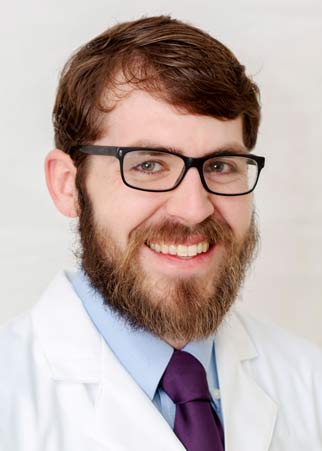High Blood Pressure
What is High Blood Pressure?
High blood pressure (Hypertension), is an elevation in blood pressure. Blood pressure is part of the vital signs. It is normal comprised of two numbers: the systolic and diastolic pressures. They are written with the systolic over the diastolic.
| Blood Pressure | Systolic | Diastolic |
|---|---|---|
| Normal | Less than 120mmHg | Less than 80 mmHg |
| Elevated | 120-129 mmHg | Less than 80 mmHg |
| Stage 1 | 130-139 mmHg | 80-89 mmHg |
| Stage 2 | Greater than 140 mmHg | Greater than 90 mmHg |
What causes High Blood Pressure?
The exact diagnosis is unknown but there are many factors that affect blood pressure. These factors include family history, diet, and smoking. There are also hormonal factors.
What are the symptoms of High Blood Pressure?
Hypertension is referred to as the “Silent Killer” as it often has no symptoms. Some people have symptoms that include headaches, chest pain, and shortness of breath.
Diagnosing High Blood Pressure
A nurse or doctor will use a blood pressure cuff that inflates around the upper arm. Diagnosis requires two different elevated readings at different visits for diagnosis.
What are the complications of High Blood pressure?
- Heart disease including heart attacks
- Strokes
- Eye complications
- Kidney disease
What are the treatments for High Blood Pressure?
- Healthy diet with more fruits and vegetables
- Drink less alcohol
- Stop smoking
- Exercise
- Drink less caffeine
- Maintain a healthy weight
- Medications
High Blood Pressure in Pregnancy
Elevated blood pressures in pregnancy can affect the health of your newborn. It can lead to smaller babies. Very elevated pressures in pregnancy can be part a syndrome called Pre-Eclampsia. This is a medical emergency that leads to early delivery.
High Blood Pressure in Children
Blood pressure can affect children. It is more common with a poor diet and elevated body weight. Intervention is sometimes needed to prevent adult complications.
High Blood Pressure FAQs
When should I go to the ER for high blood pressure?
If your blood pressure is greater than 180/110mmHg or you are having symptoms. These symptoms include headaches, chest pain, shortness of breath, vision changes, or numbness. This would warrant a visit to your doctor or local emergency room.
Does sleep affect blood pressure?
Lack of sleep can affect many things including making blood pressure worse.
How high is too high or what is dangerous blood pressure?
That level is different for each individual. Generally, if blood pressure is greater than 180/110 or you are having any symptoms that is too high. This should lead to seeking medical care.
Is there a cure for high blood pressure?
Unfortunately, there is no cure, but it can usually be controlled with diet and exercise. There are many safe medications that can be used long term with little to no side effects.
Does coffee affect blood pressure?
Excessive caffeine consumption can increase blood pressure.
What is the best diet for high blood pressure?
The American Heart Association recommends the DASH diet (Dietary Approaches to Stop Hypertension). This diet includes increased fruits and vegetables as well as low salt content.
What are some common side effects of blood pressure medications?
The most common side effect is low blood pressure. This could be perceived as dizziness and lightheadedness. There are other side effects that are different with each drug.


